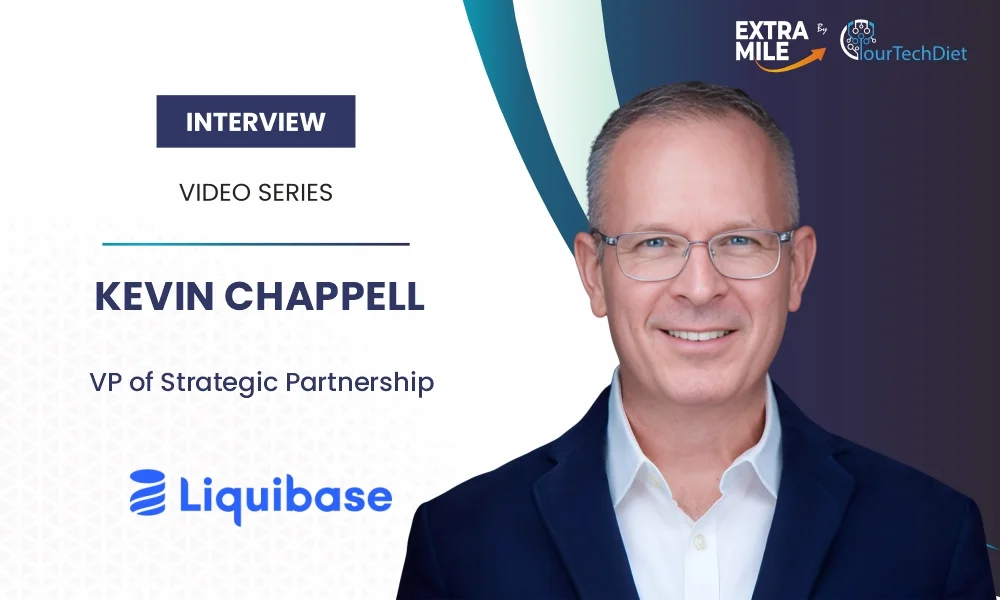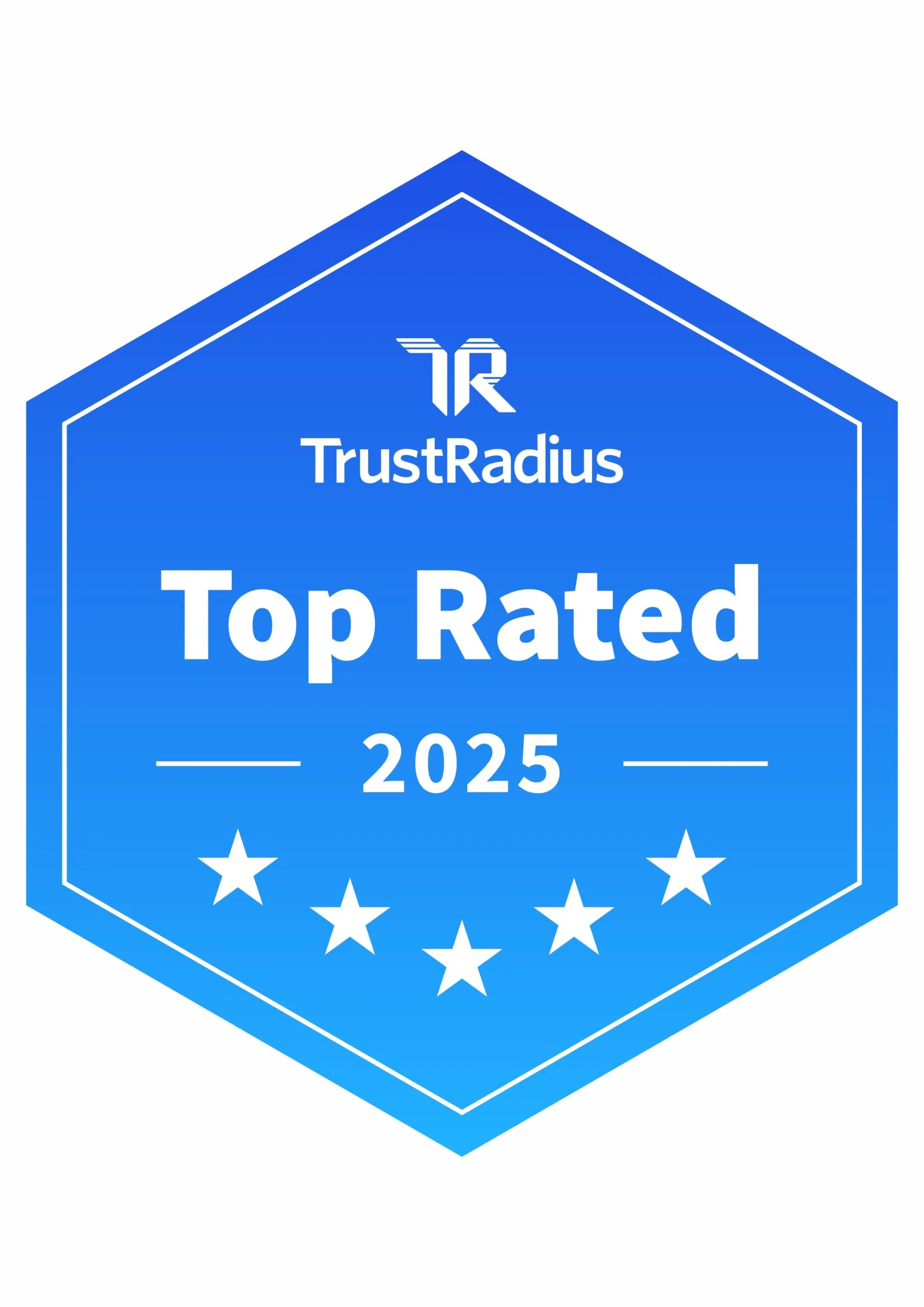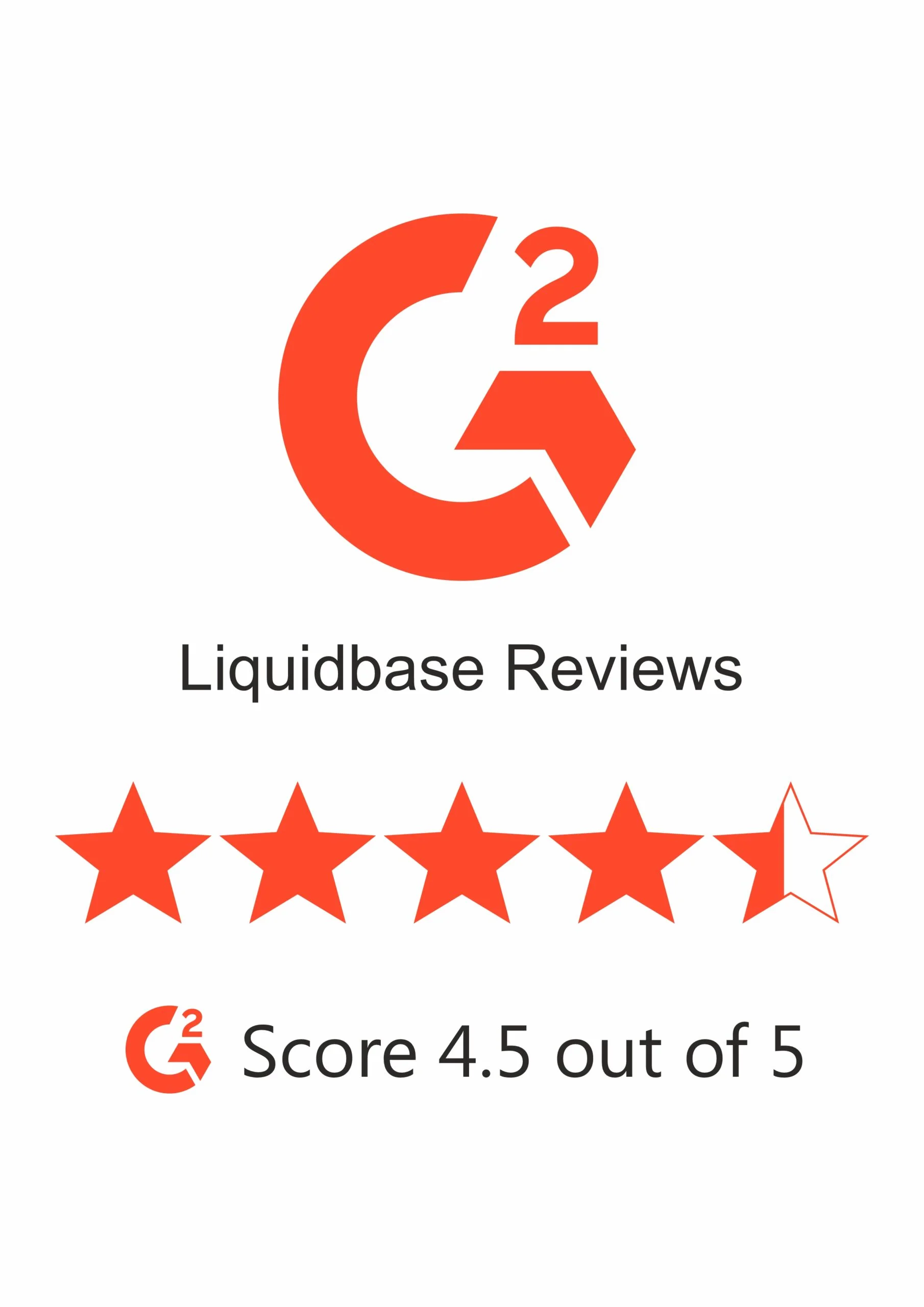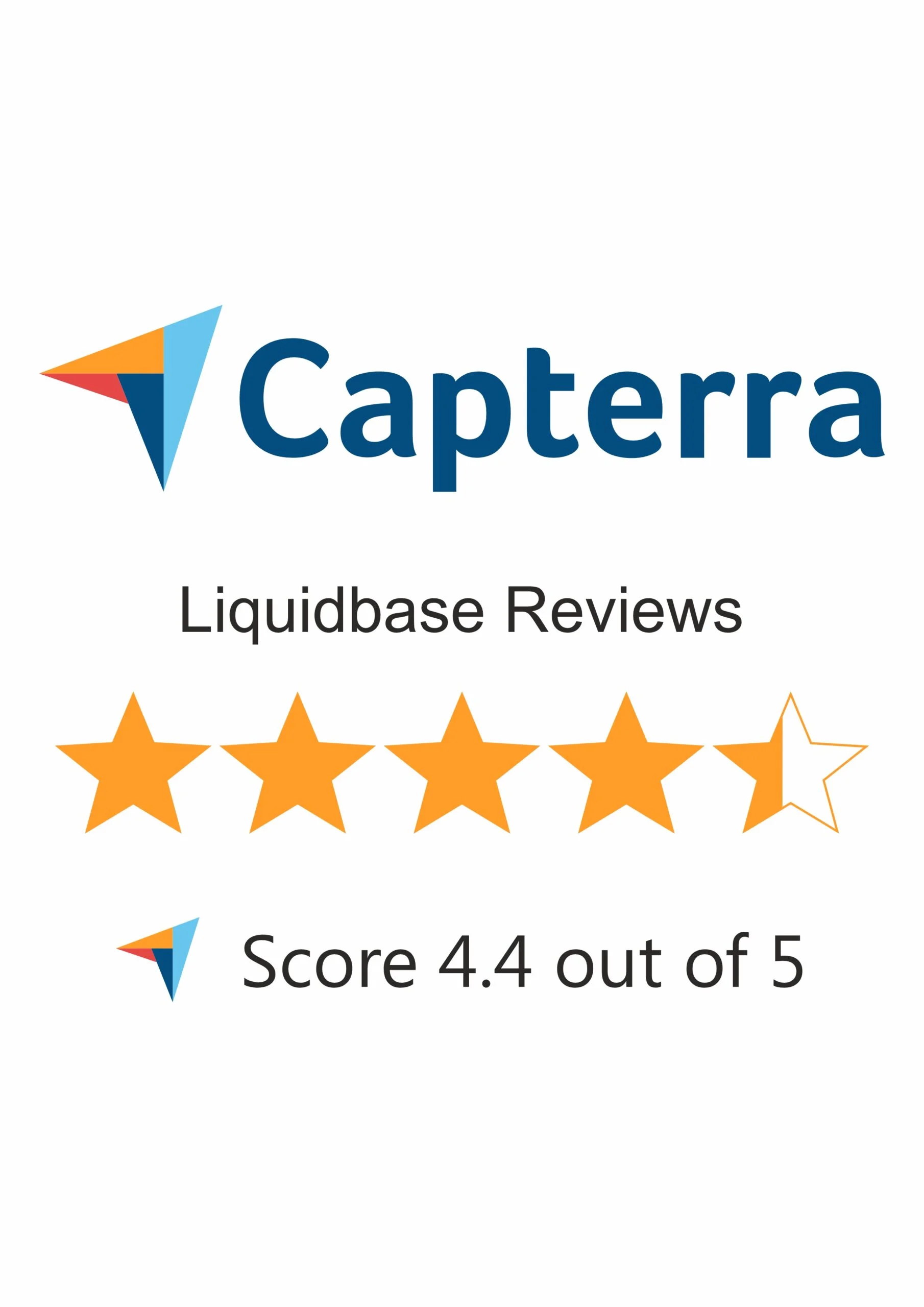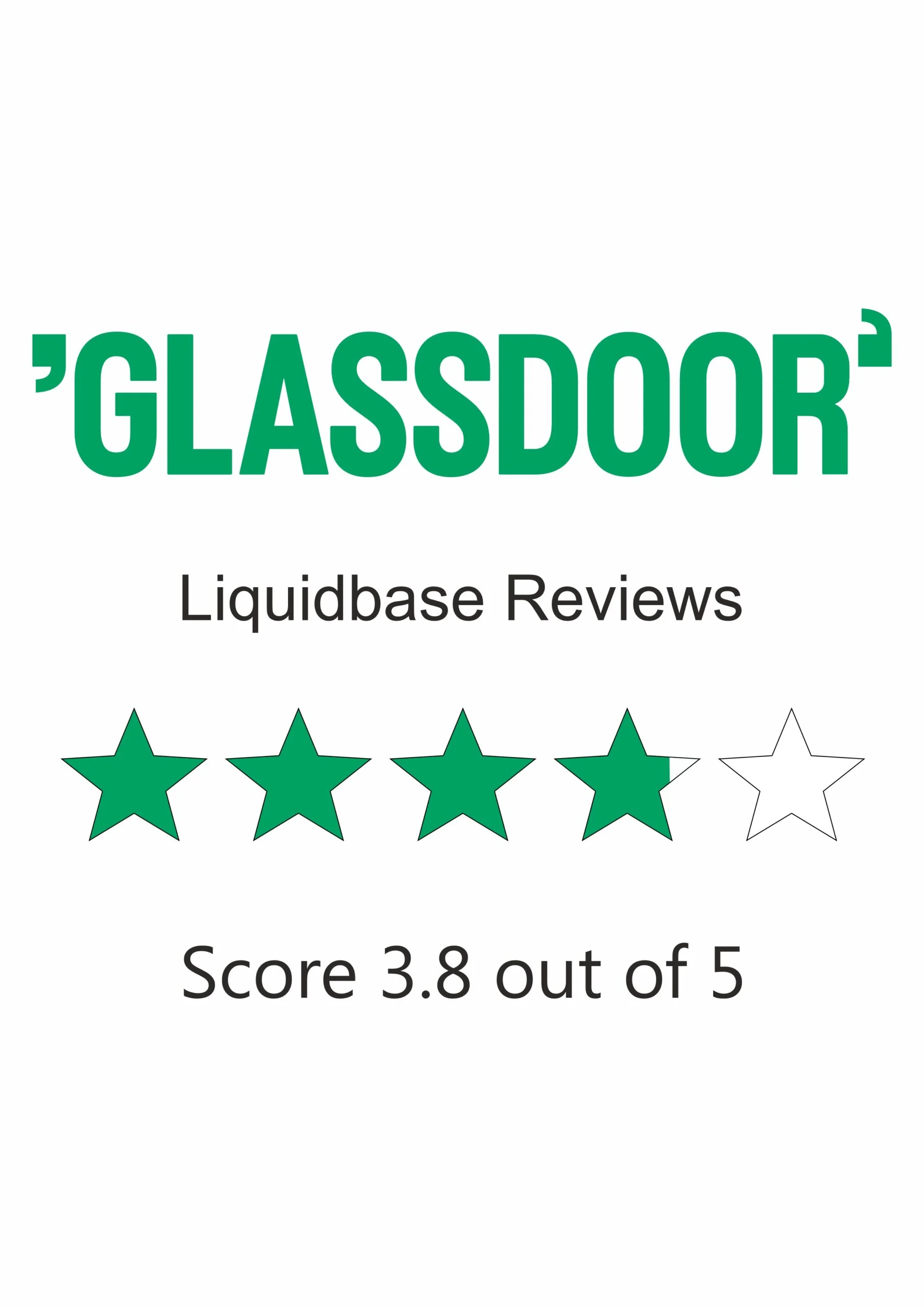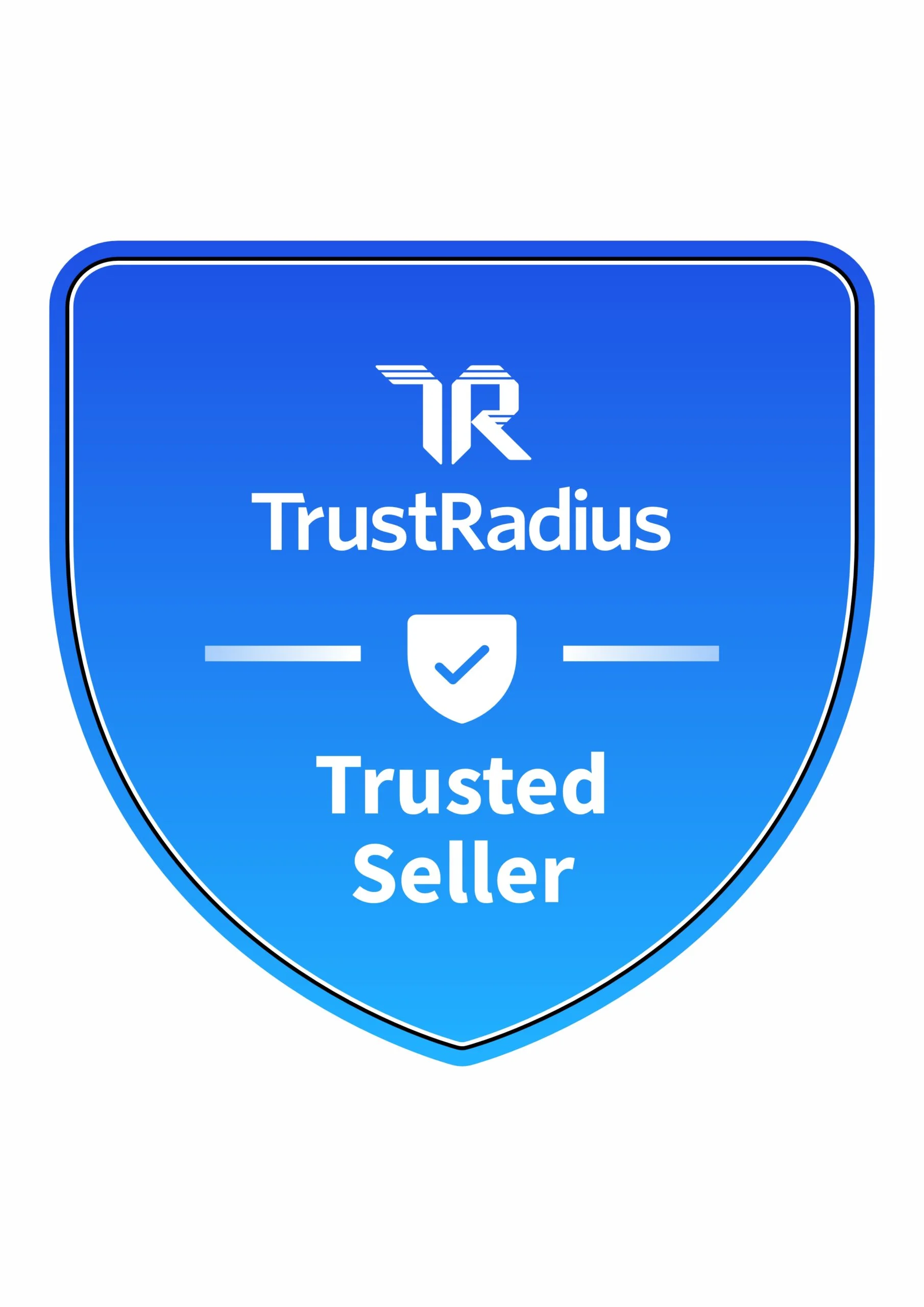For today’s conversation, we’re delighted to host Kevin Chappell, VP of Strategic Partnership at Liquibase, an open-source community-led database change management solution with a focus on sustaining impactful engagement and growth.
Kevin leads the strategic partnership of Liquibase. Let’s get an extensive picture of Kevin’s career, automated database management facilities, the importance of high value relationships, Liquibase’s recent partnerships, and more.
Hello, Kevin, we’re excited to have you with us today.
What keeps me engaged is our clarity of purpose. We help teams move faster without losing control. That mission has really never been more relevant than it is today.
Leading partnerships, I get to shape how we show up across the ecosystem and work with some of the most innovative companies to solve one of our hardest problems in software and data delivery, managing database change, extending DevOps principles to the database.
Host: That’s quite a journey, Kevin. Thank you for sharing that. Let’s delve a little deeper into the role Liquibase plays in the current tech landscape.What is the importance of an automated database change management solutions in today’s tech-first world? What are the area and the core elements of the process?
Kevin: Sure. So in today’s data-driven economy, database change is no longer just a back-end task. It’s a strategic function.
The way your team handles schema change directly affects time to insight, the reliability of your data products, and your ability to support AI initiatives with confidence. Most organizations have automated application deployments and infrastructure, but database change still lags behind. It’s often manual, fragmented, and relying on tribal knowledge.
That creates risk. Our point of view is that schema strategy must be treated as a first-class part of the delivery process. Liquibase automates change through version control, validation, policy enforcement, and auditability.
This allows teams to deliver faster, reduce incidents, and build trust in their data products and processes. That trust becomes even more critical when your data is powering customer experiences or AI pipelines.
Host: That definitely highlights the need for streamlined and secure systems. So, speaking of innovations, Liquibase 5.0 being launched soon. What are the key advancements can we expect from this breakthrough?
Kevin: That’s a great question. So Liquibase 5.0 introduces a modular packaging model that gives teams more control and flexibility in how they deploy and extend Liquibase. It also creates a clear separation between our open source and our pro editions, which allows us to deliver enterprise capabilities like change validation, policy enforcement, and deeper database coverage with more precision.
This release sets the foundation for the next generation of database DevOps. It helps teams govern change at scale in a more secure and adaptable way, while keeping the core experience of Liquibase simple and powerful.
Host: Very exciting developments. So now let’s shift focus now to the people and partnerships that help drive search momentum.
Managing partnerships and high value relationships is crucial for businesses’ progression. What strategies do you adopt to initiate and sustain research-driven strategic alliances?
Kevin: So, the most effective partnerships start with a clear, better-together strategy. That means driving clarity around value, around the audience we serve together, and around what success looks like. I focus on making it easy for our partners to know when and why Liquibase is a great fit for our shared customers’ needs.
That requires great messaging, it requires real enablement, and joint use cases that align to business outcomes. To do all of that well, obviously, requires active listening. Understanding where a partner is headed strategically allows us to align more than just tactics.
It helps us align our shared roadmaps. This is how you turn just a one-off campaign into a longer-term collaboration.
Host: Strong partnerships really do form the backbone of sustainable growth.
On that note, what are some of the most common challenges you encounter in managing strategic partnerships? And how do you typically address situations where your objectives diverge from those of your partners?
Kevin: Sure. One of the biggest challenges is when a partnership has momentum but lacks alignment on execution. That’s when things stall.
We try to address that early by aligning on outcomes. What are we solving together and for whom? It kind of goes back to the previous question.
When objectives diverge, I find it helpful to come back to the customer. What do users actually need? Where are they stuck?
We’re focusing on customer outcomes usually creates common ground again and unlocks forward movement. Good partnerships are definitely not static. They change over time.
They require regular alignment and trust as we work together to respond to the market.
Host: It’s great to hear how you approach these complexities with a solution-first mindset. Now, let’s explore one of your recent collaborations.
Liquibase has recently partnered with Databricks, which focuses on modern change management at the lakehouse. What other transformations does this collaboration plan to bring?
Kevin: So, this partnership clarifies something many data teams are just starting to realize. Schema strategy really matters. Databricks enables schema evolution, which gives teams flexibility in automation when ingesting and scaling data.
Liquibase adds schema enforcement, which brings structure, version control, validation, and governance. Together, we help teams shift schema change from a technical afterthought into a strategic advantage. This is especially important as more organizations rely on Databricks for analytics and AI.
Whether you’re building internal dashboards or customer-facing data products, you need confidence that the underlying schema is trusted, testable, and repeatable. Our collaboration enables teams to move fast when they need flexibility and to enforce guardrails as their data products scale. That balance is what makes this partnership really powerful.
Host: That sounds like a game-changing partnership.
So Liquibase offers seamless CI/CD for the databases to streamline DevOps processes. How is it different from other available services in the industry? Can you share any use cases in this regard?
Kevin: Sure. Liquibase stands out because of its combination of database coverage, enterprise-grade governance, and deep integration into the CI/CD pipelines. We support over 60 databases, which means teams don’t have to reinvent their process every time they scale or add new technology.
One of our customers, a global bank, was struggling with inconsistent deployments across Databricks, Snowflake, and SQL Server. After adopting Liquibase Pro, they standardized schema change using changelogs and were able to implement dry runs, policy checks, and audit trails across all of those environments. Their incident rate dropped, release speed increased, and compliance audits became far easier to prepare for.
Our focus is not just on streamlining change. We’re helping teams build resilience and speed into their delivery pipelines, and also help reduce risk.
Host: Those were amazing cases. So before we wrap up, let’s touch on an area that’s incredibly important across all industries.
Database privacy and governance are significant in database change management. How do you ensure privacy and governance and eliminate security-related concerns while offering services to different clients?
Kevin: As AI becomes embedded in every workflow and customer experience, the stakes for data privacy and governance are higher than ever. If your schema changes are not secure, auditable, and consistent, your entire data pipeline is at risk. Liquibase Pro was designed with these challenges in mind.
We provide audit trails, policy enforcement, and environment-specific controls that give security teams peace of mind while enabling developers and data engineers to move fast. Our view is that schema change is one of the last surfaces in the delivery stack that still lacks consistent governance. We help teams close that gap with automation, visibility, and control without slowing down delivery.
That’s how you build the trust that companies need and do it at scale.
Host: That was a thoughtful and much-needed approach in today’s landscape. Thank you very much, Kevin, for joining us today and sharing your expertise. It’s been truly an insightful conversation.
Kevin: Thank you so much. I appreciate it.
Host: Thank you.
Thank you, everyone, for joining us in this episode of ExtraMile by YourTechDiet. I’m your host, Sudakshina, signing off for today. See you in the next session with our next guest and leader sharing their wisdom with us. Until then, stay tuned.

